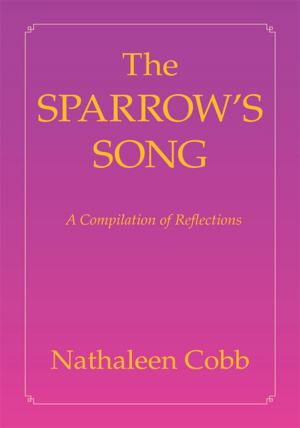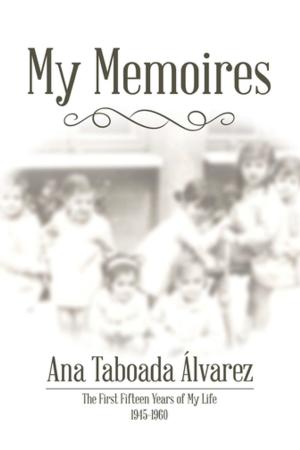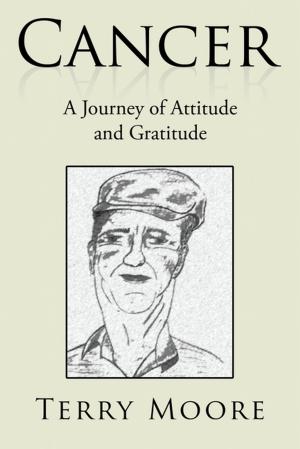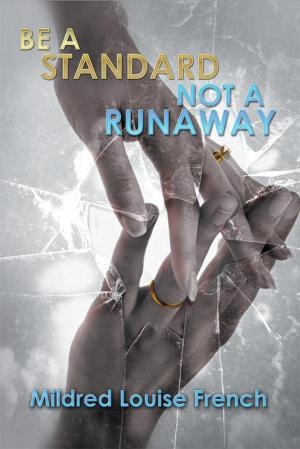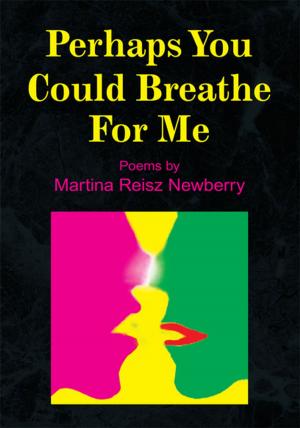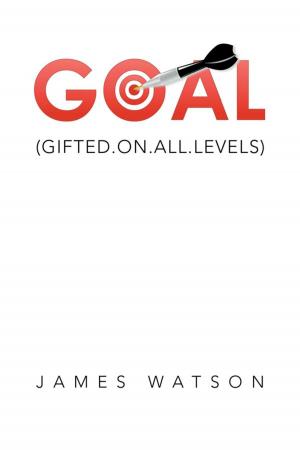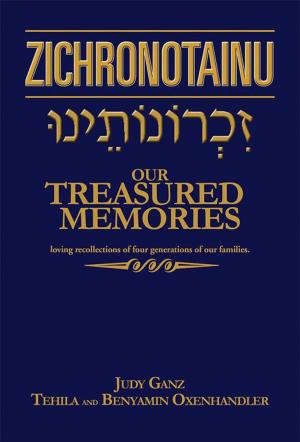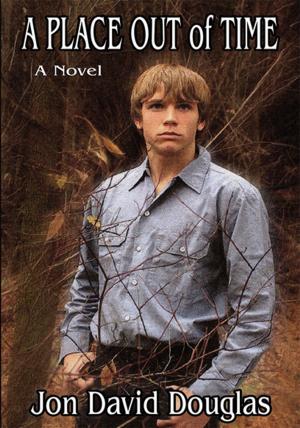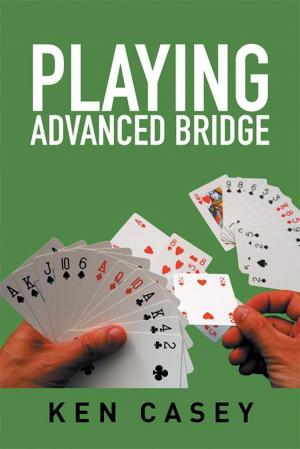| Author: | Temitope Fadiya | ISBN: | 9781462835140 |
| Publisher: | Xlibris US | Publication: | March 31, 2009 |
| Imprint: | Xlibris US | Language: | English |
| Author: | Temitope Fadiya |
| ISBN: | 9781462835140 |
| Publisher: | Xlibris US |
| Publication: | March 31, 2009 |
| Imprint: | Xlibris US |
| Language: | English |
Trailing the rut impressed on the sands of time by the rolling wheel of history, I stepped outside the neat edge of protocol, and dissect into characters shared in human societies from the viewpoint of an African setting! This view anchors on a deliberate effort to explore into African mythology, exposing its strengths and pitfalls and an attempt to remodel a culturally-rooted belief system into a modern and more egalitarian societal ideology. This work is done in retrospect back to the fore, looking at how the African setting was and where it is now and trying to define the transformation in its value systems, and the general response of people when given the opportunity to take decisions for a change in their conditions! I have painted a hypothetical picture of a village Ileamo which is a fair demographic reflection of the Nigerian cultural terrain. This model is an apt analogue of what is obtainable in most human societies, although in varying degrees, particularly the developing world! This work reflects a panoply of cultures in view of the variegated ethnic and cultural diversities in any African setting as in other cultures! The play also strongly reflects a transition from cultural dogmas to a societal value based on facts. The peoples present determination to cross check all cultural dogmas with real and practicable facts. I feel this is where African settings are now, as do other cultural settings. However, this play is more of an eye-opener to better understanding of the rich cultural heritage of Africans and the need to appreciate the strengths of the ancient traditional institutions and all the transformation they have undergone but more importantly, how the present drive for personal gain at the expense of human value, good sense and the common good has seriously eroded into a once rich cultural heritage to one based on kick backs. Hence, the reason for the recent rat-race for materialism! It also pictures how the ancient traditional institutions played on the ignorance and absolute loyalty of subjects to pervert truth and justice. Thus, I have decided to employ the use of praise chants, drumming and dance in the body of the play as this is central to the African life and in order to portray the spirit behind the inspiration of the write up. The rhythms of the drums synchronized with the praise chants. However, since plays can very rarely be produced without necessary changes to the script, you may make cuts and changes in scenes if necessary! To cast this play, it is imperative that all the casts catch the spirit behind this write up and they should act in a typical African way and style. This play is a lively one in all its simplicity, injecting news life into African drama and evoking greater audience participation and thus, building bridges of understanding into an age-old cultural heritage of which Africa is synonymous with! Finally, as you take an excursion back to the fore, youll discover all by yourself the sensibilities that make a people thick, where they derailed and then understand inside out the scale of the veil thats responsible for the divide between the 1st and 3rd worlds! And then propounding possible hypothesis to decades of tumult that had grounded a people, at least from the brief account of an insider.
Trailing the rut impressed on the sands of time by the rolling wheel of history, I stepped outside the neat edge of protocol, and dissect into characters shared in human societies from the viewpoint of an African setting! This view anchors on a deliberate effort to explore into African mythology, exposing its strengths and pitfalls and an attempt to remodel a culturally-rooted belief system into a modern and more egalitarian societal ideology. This work is done in retrospect back to the fore, looking at how the African setting was and where it is now and trying to define the transformation in its value systems, and the general response of people when given the opportunity to take decisions for a change in their conditions! I have painted a hypothetical picture of a village Ileamo which is a fair demographic reflection of the Nigerian cultural terrain. This model is an apt analogue of what is obtainable in most human societies, although in varying degrees, particularly the developing world! This work reflects a panoply of cultures in view of the variegated ethnic and cultural diversities in any African setting as in other cultures! The play also strongly reflects a transition from cultural dogmas to a societal value based on facts. The peoples present determination to cross check all cultural dogmas with real and practicable facts. I feel this is where African settings are now, as do other cultural settings. However, this play is more of an eye-opener to better understanding of the rich cultural heritage of Africans and the need to appreciate the strengths of the ancient traditional institutions and all the transformation they have undergone but more importantly, how the present drive for personal gain at the expense of human value, good sense and the common good has seriously eroded into a once rich cultural heritage to one based on kick backs. Hence, the reason for the recent rat-race for materialism! It also pictures how the ancient traditional institutions played on the ignorance and absolute loyalty of subjects to pervert truth and justice. Thus, I have decided to employ the use of praise chants, drumming and dance in the body of the play as this is central to the African life and in order to portray the spirit behind the inspiration of the write up. The rhythms of the drums synchronized with the praise chants. However, since plays can very rarely be produced without necessary changes to the script, you may make cuts and changes in scenes if necessary! To cast this play, it is imperative that all the casts catch the spirit behind this write up and they should act in a typical African way and style. This play is a lively one in all its simplicity, injecting news life into African drama and evoking greater audience participation and thus, building bridges of understanding into an age-old cultural heritage of which Africa is synonymous with! Finally, as you take an excursion back to the fore, youll discover all by yourself the sensibilities that make a people thick, where they derailed and then understand inside out the scale of the veil thats responsible for the divide between the 1st and 3rd worlds! And then propounding possible hypothesis to decades of tumult that had grounded a people, at least from the brief account of an insider.

